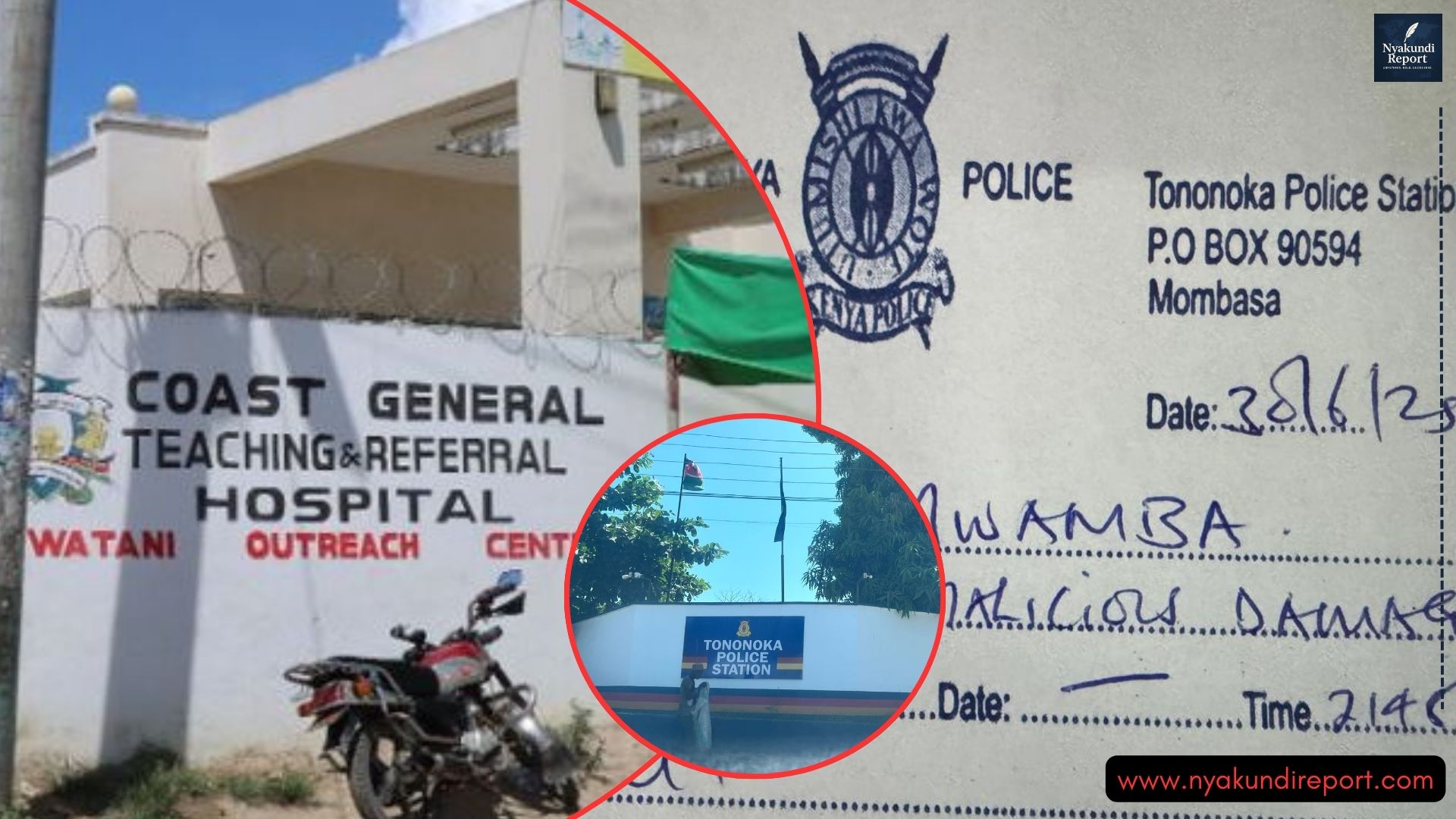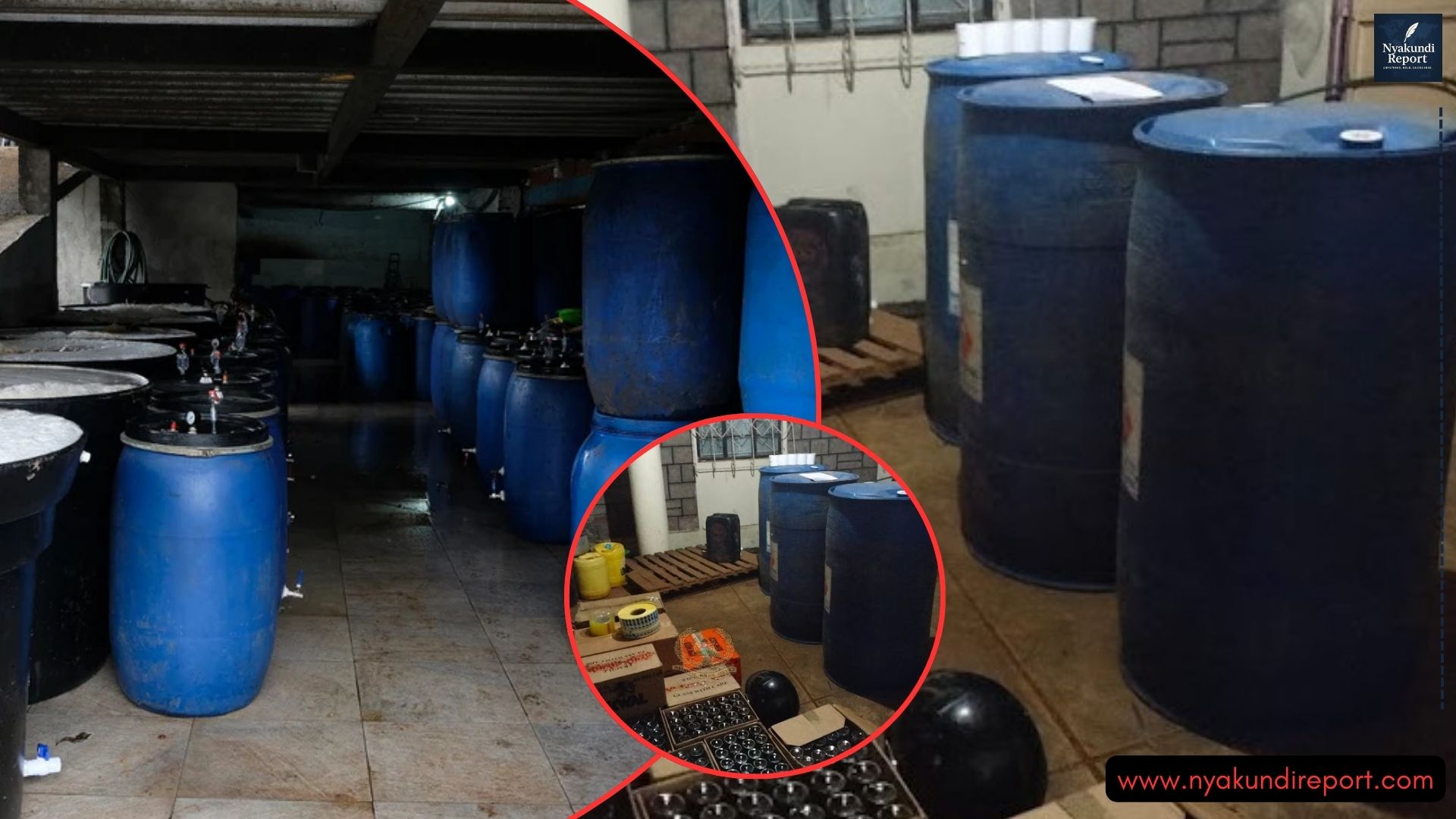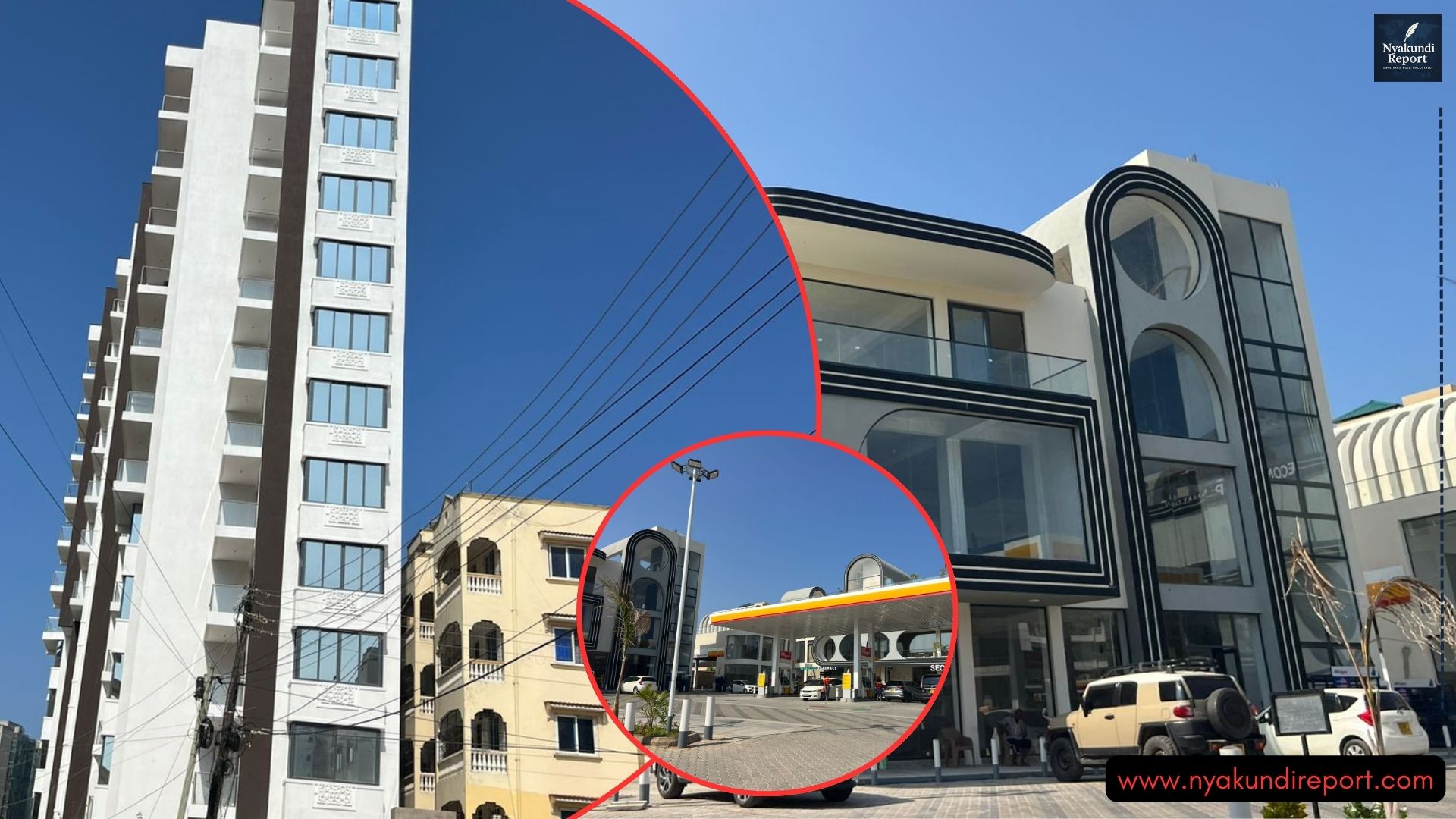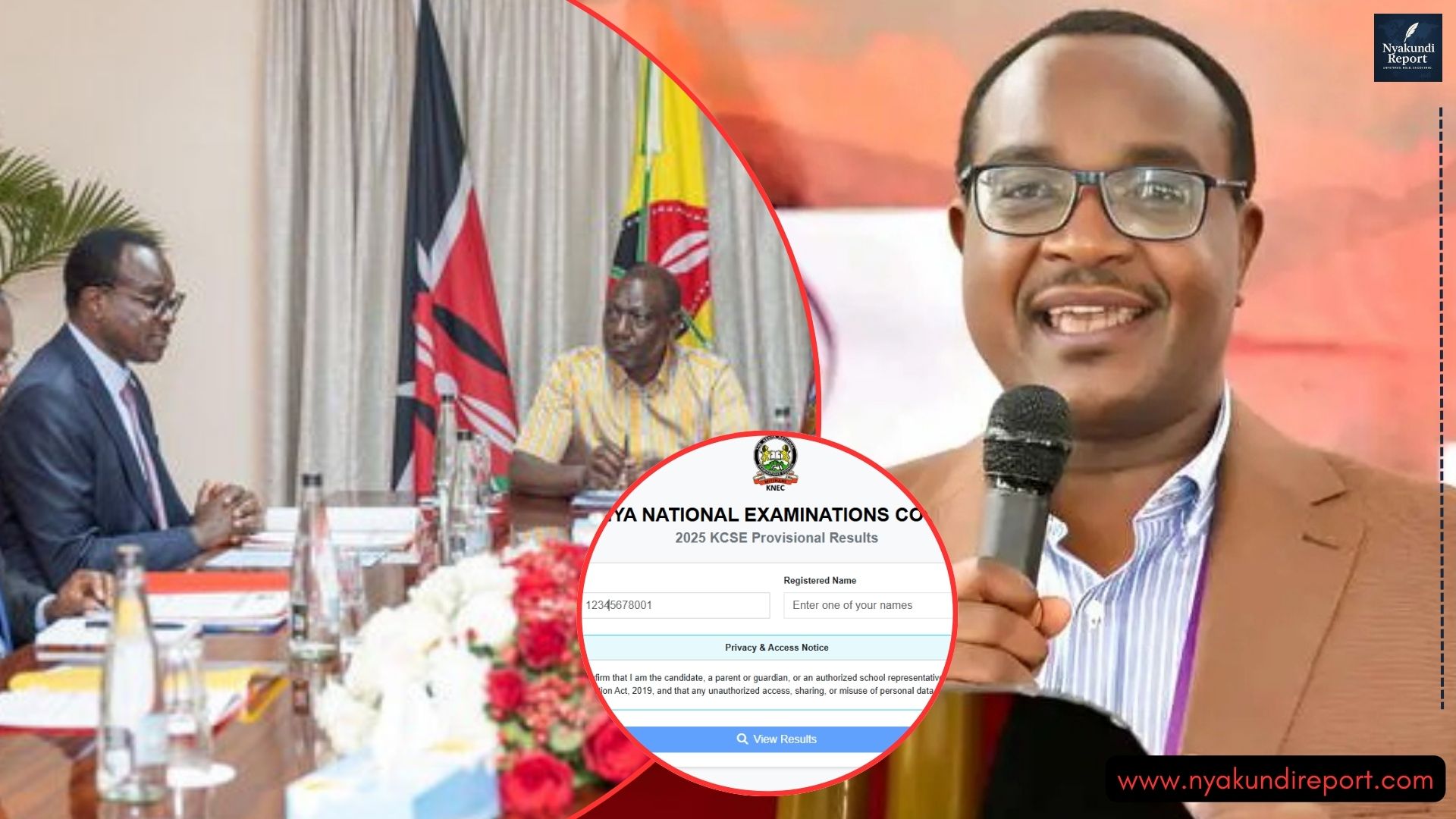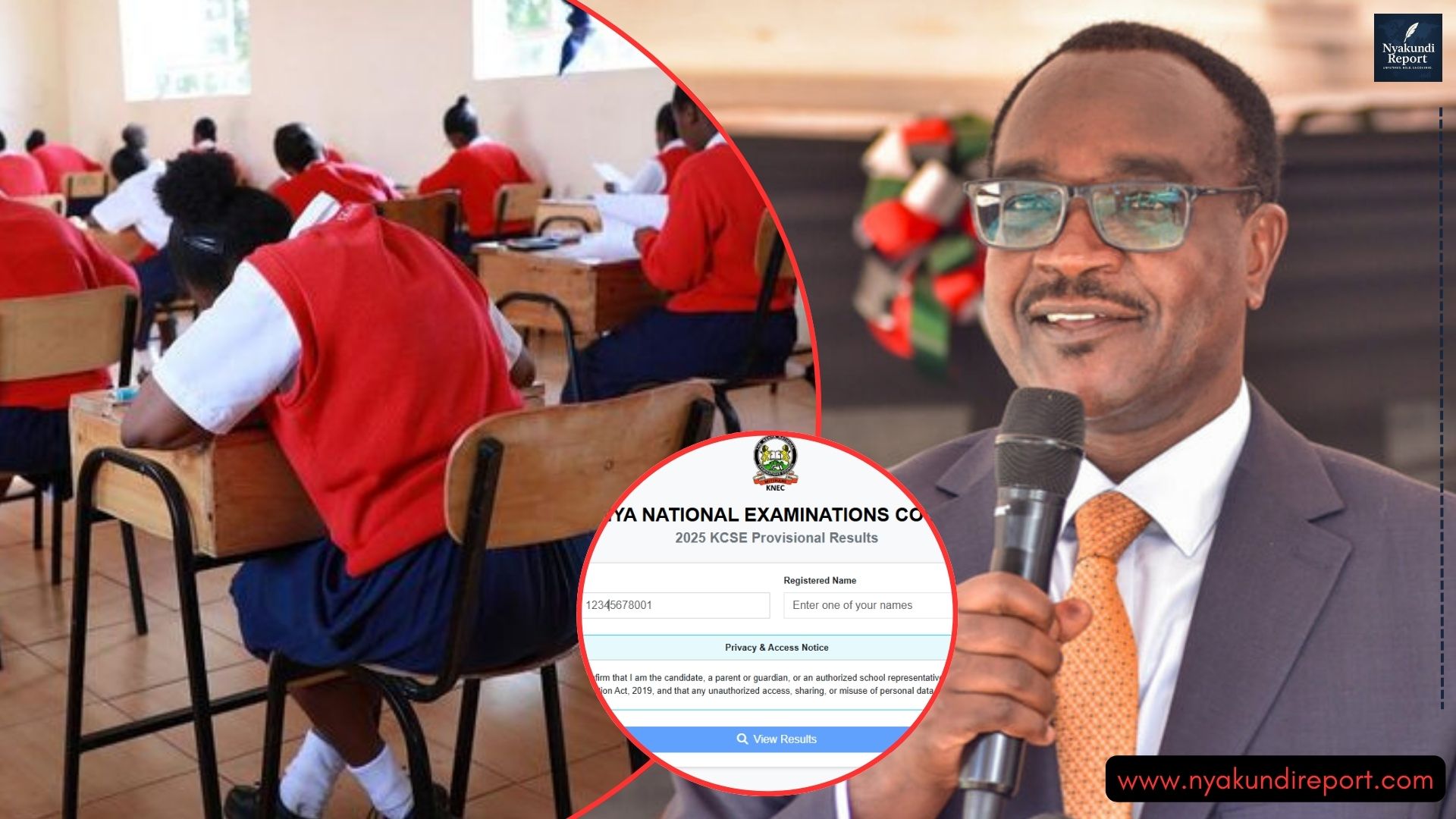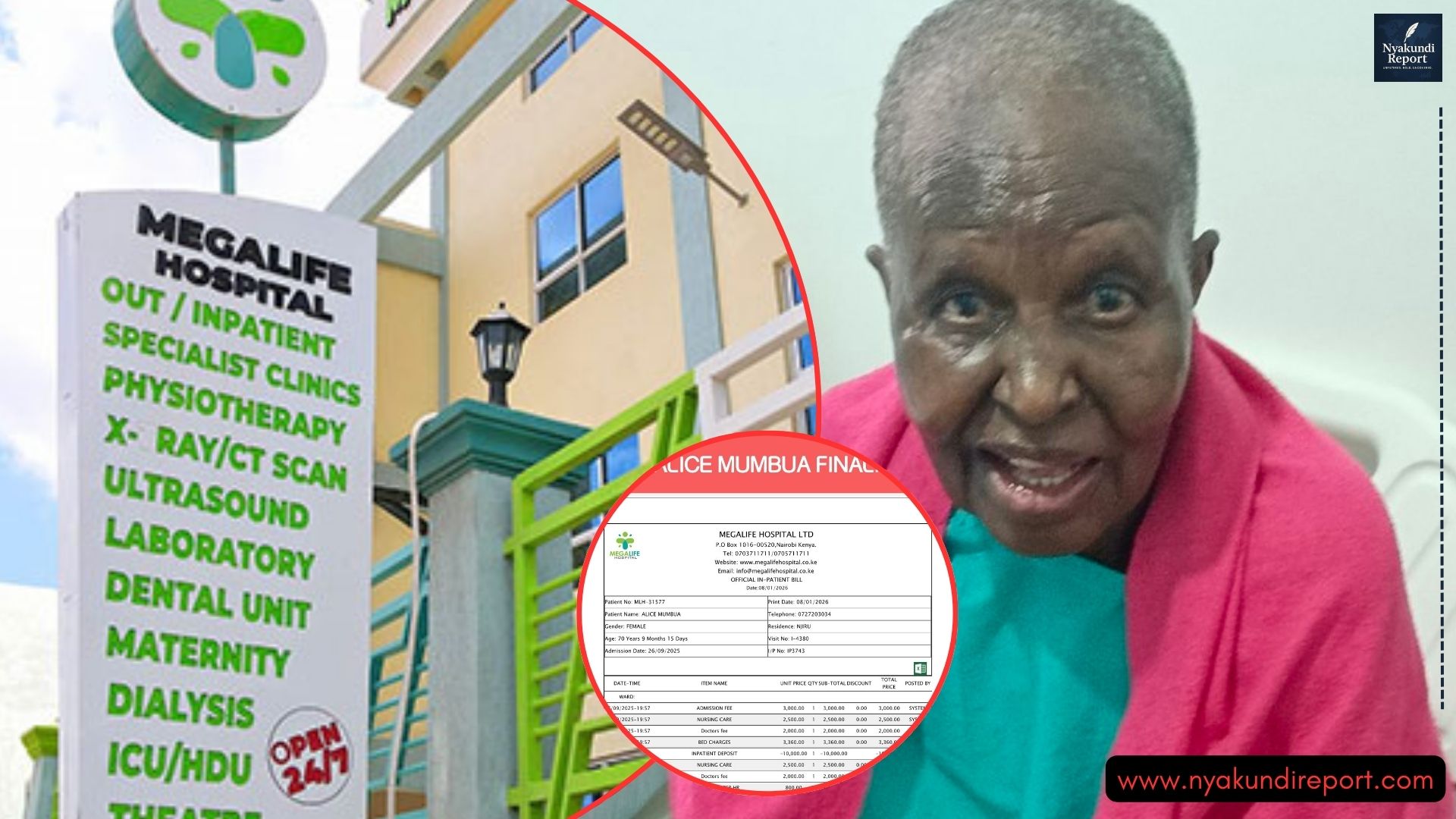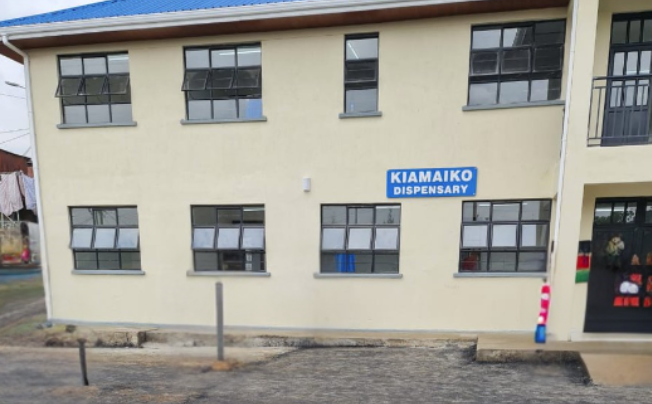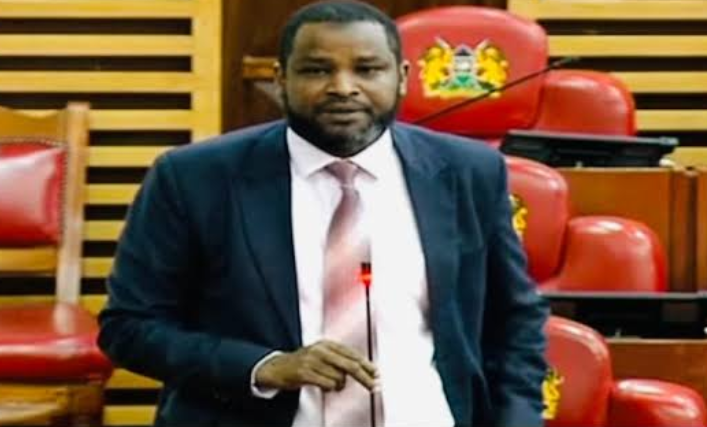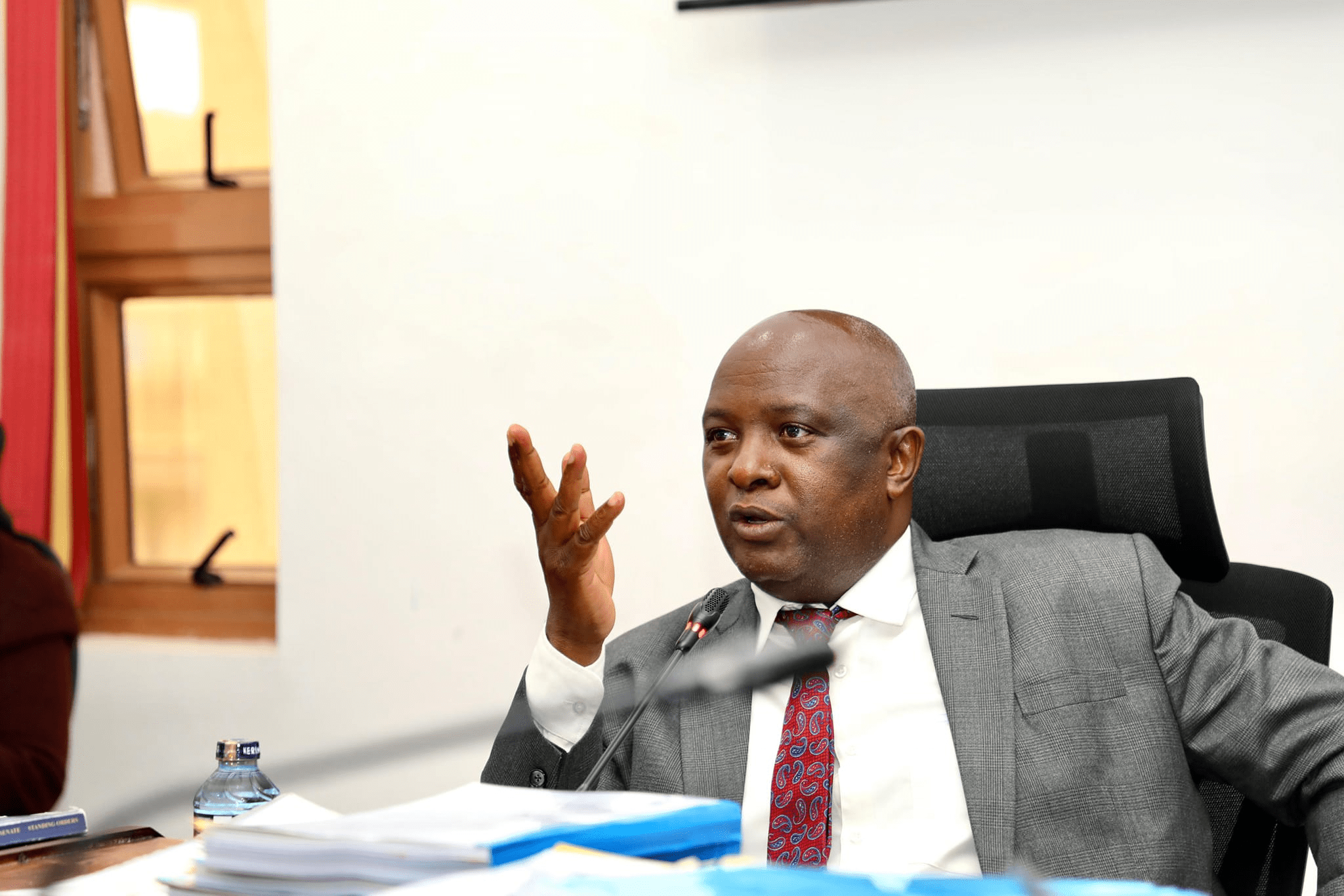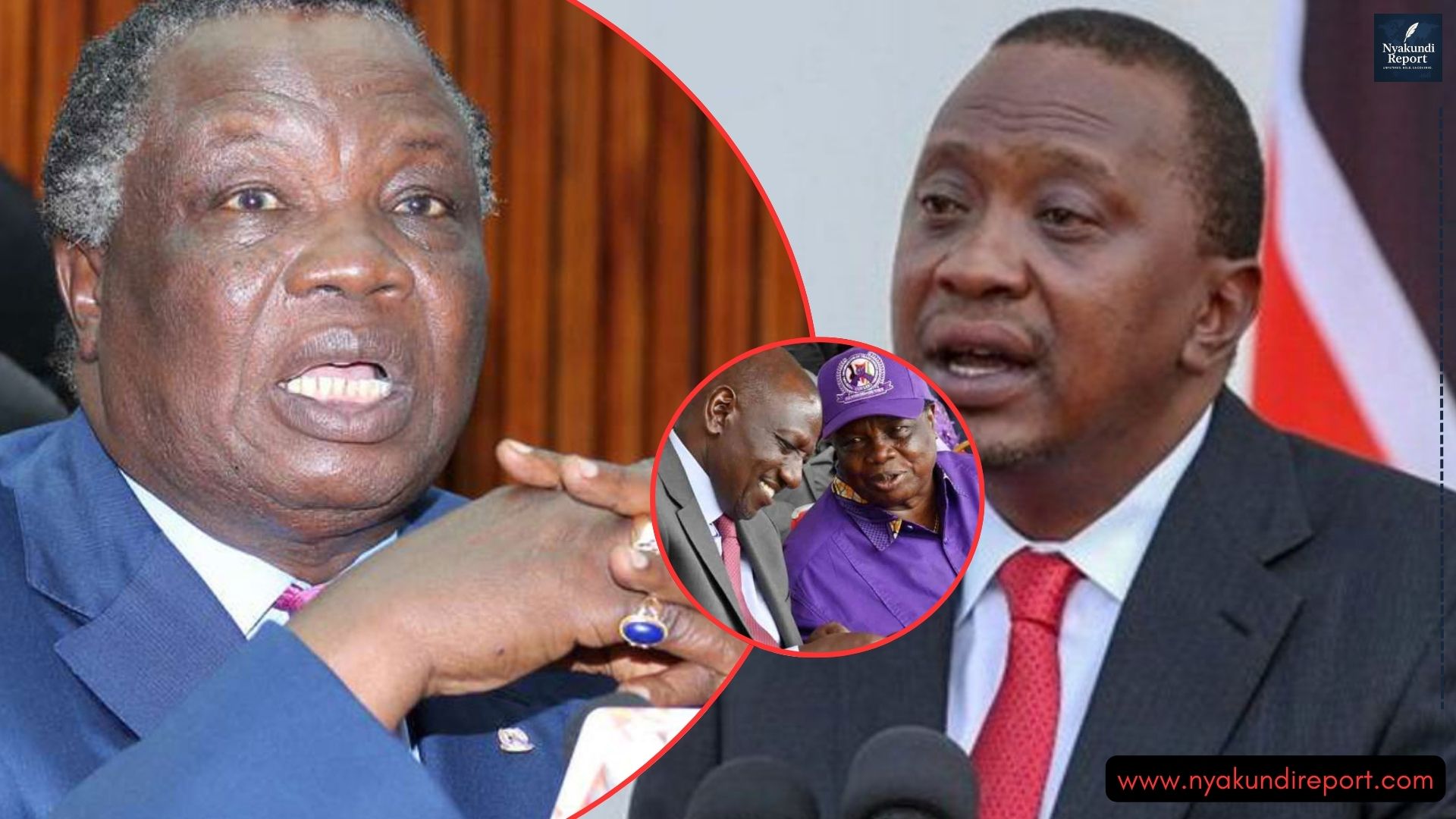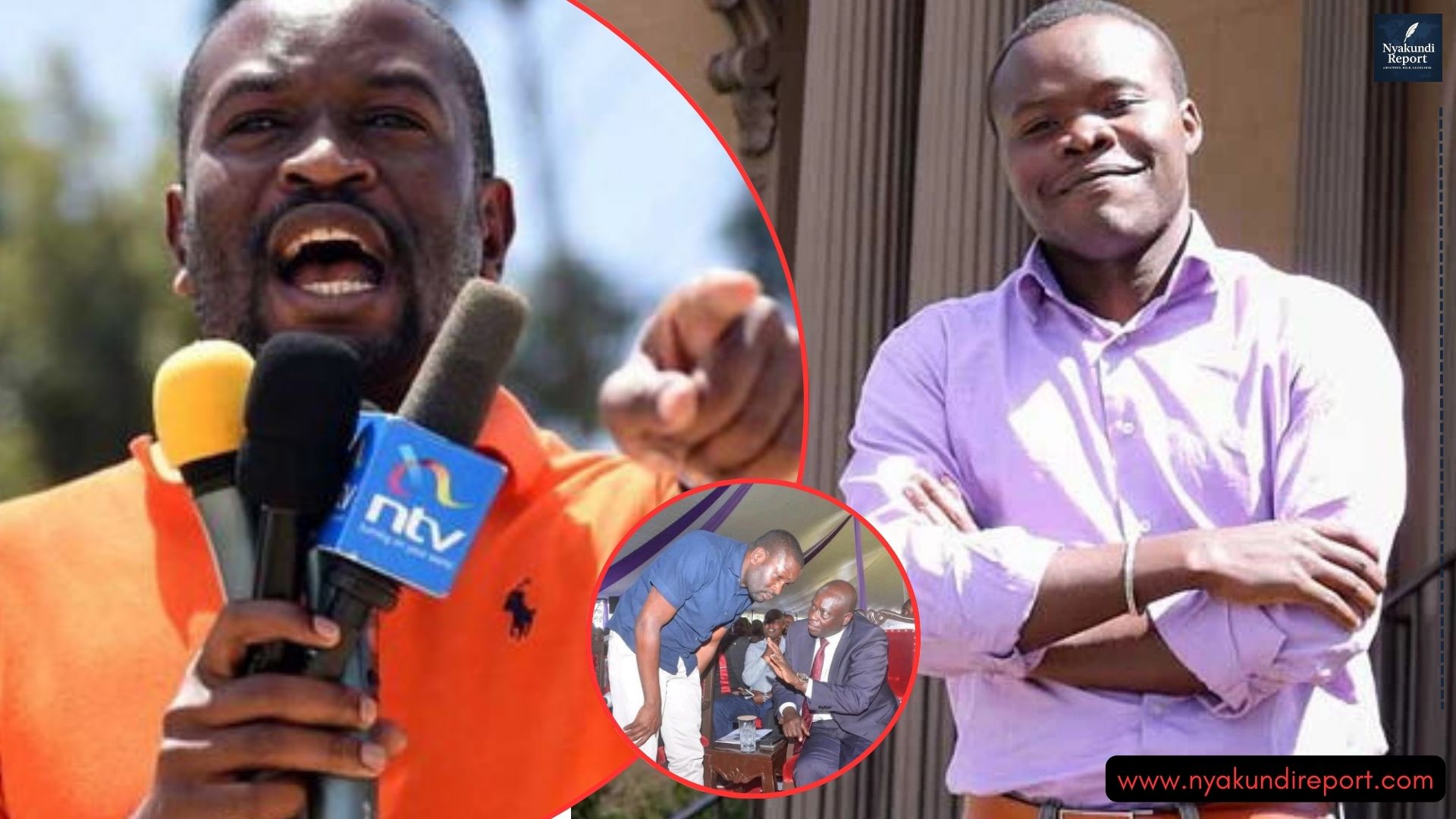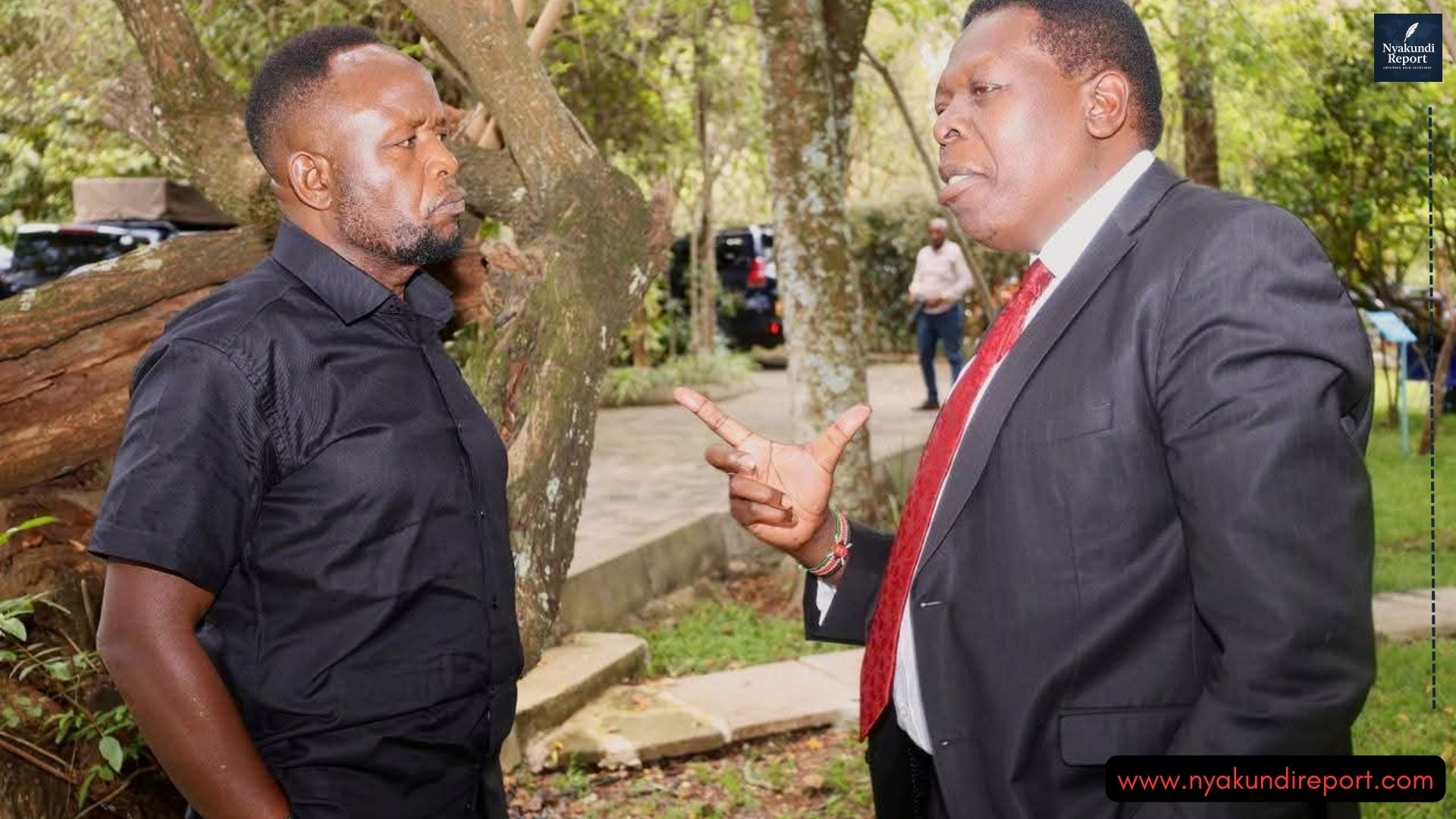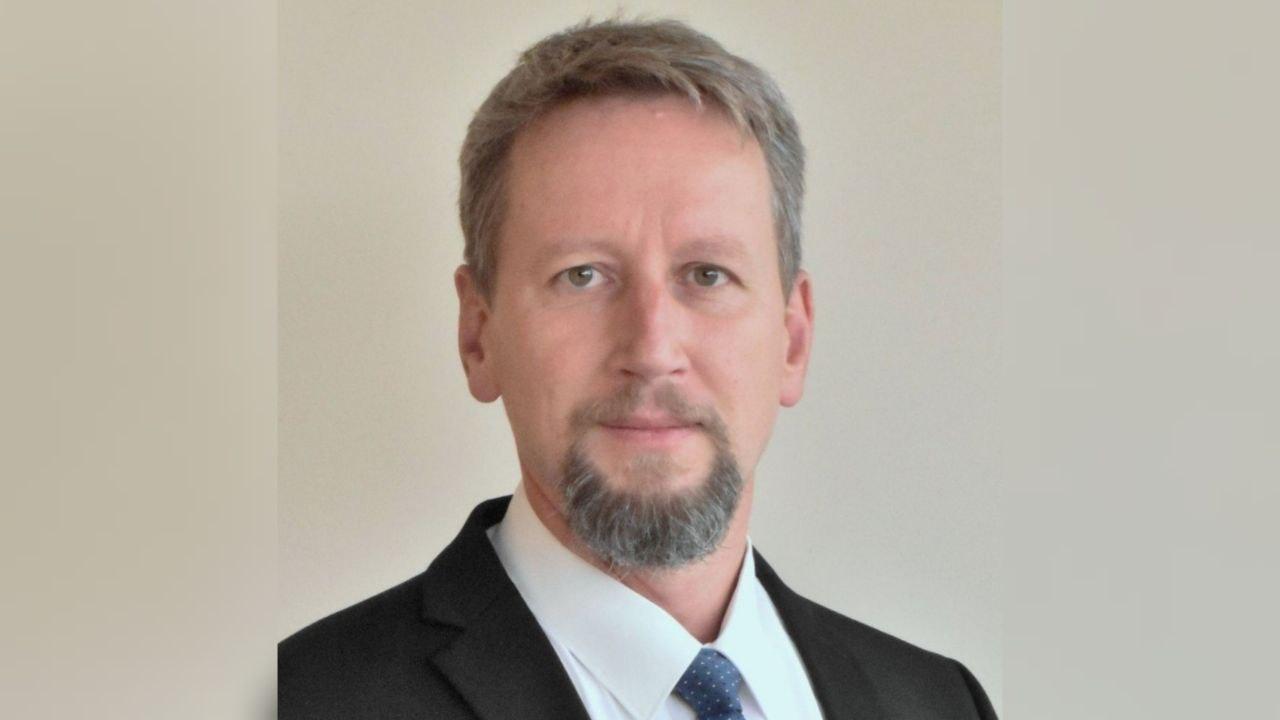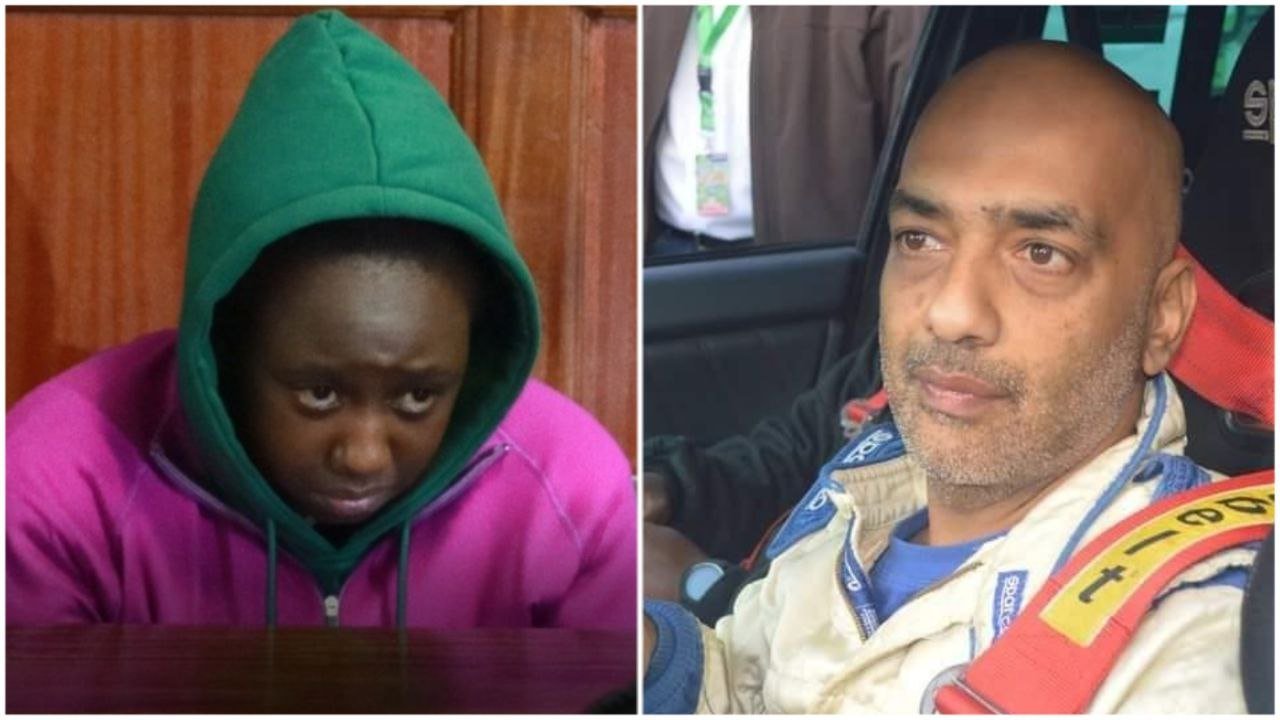A wave of bloodshed has returned to Nakuru’s streets, and all signs point to the feared Confirm gang. The once digitally focused criminal network has morphed into a ruthless killing machine, now at the center of a deadly string of attacks that left a police officer and four civilians dead.
Constable Joseph Josphat Ruto’s killing during a routine patrol has jolted the public and law enforcement alike. With a growing trail of victims and a bold disregard for authority, detectives from the Directorate of Criminal Investigations (DCI) are uncovering fresh links between the gang’s resurgence and a rising death toll.
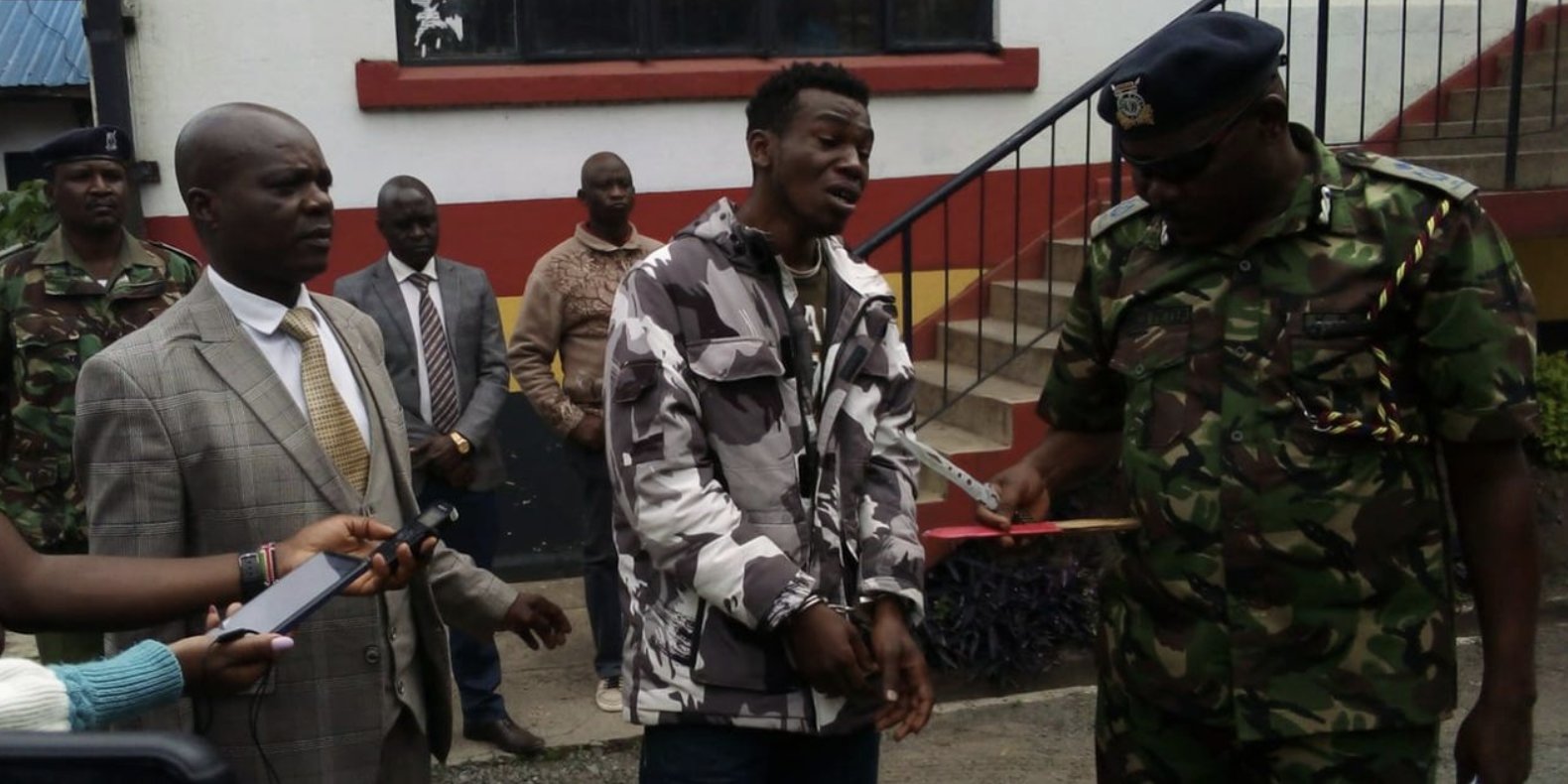
Police Trace Nakuru Killings to Confirm Gang Resurgence
The Directorate of Criminal Investigations has confirmed that the notorious Confirm gang is behind the brutal killing of Constable Joseph Josphat Ruto and four other recent murders in Nakuru. This latest escalation has reignited fears among residents who had begun to feel a sense of calm after earlier government crackdowns.
Constable Ruto was on patrol Sunday night in Freehold Estate with fellow officers Paul Mutoro and Walter Makori when they were ambushed by a group linked to the gang. Ruto sustained a fatal gunshot wound to the pelvic region and later died in hospital. Mutoro suffered a deep machete wound, while Makori was shot in the back, the bullet exiting through his stomach.
Investigations revealed the officers had interrupted a gang operation in progress. One of the assailants, identified as Peter Chacha, was arrested at the scene with a machete. Another suspect, found hiding in a nearby bar, was tracked through community tip-offs. Further leads led DCI officers to Umoja Lodge in Nakuru CBD, where three more individuals—including a woman—were taken into custody.
According to police sources, the suspects were part of a coordinated criminal ring that had already been linked to four other killings in just 10 days. Among the dead were two M-Pesa attendants, whose deaths marked a disturbing shift in the gang’s focus from digital fraud to brutal street violence.
From Cybercrime to Cold-Blooded Killings
The Confirm gang, originally rooted in Bondeni and Kivumbini informal settlements, first gained notoriety through high-tech scams involving SIM-swap fraud and mobile money theft. Their early operations targeted unsuspecting victims through digital deception, but recent developments point to a dangerous transformation.
Over the past year, the gang has evolved into a more sophisticated and violent organization. With suspected links to drug trafficking, extortion rings, and armed robbery, the gang now poses a broader threat to public safety.
Detectives believe this resurgence is a result of younger, more radicalized members who have embraced bloodshed as a means of power and control. A senior DCI officer involved in the case explained that the group has also been recruiting from juvenile ranks, exploiting poverty and peer pressure in Nakuru’s slums to rebuild its numbers.
Despite previous crackdowns in 2022, where police arrested dozens of members and disrupted their networks, the group appears to have reorganized under new leadership. Authorities fear the Confirm gang is regrouping faster than the security response can adapt.
Public Fear and Police Crackdown Intensify
The recent attacks have left a chilling effect on Nakuru’s business and residential communities. Traders in Freehold, Bondeni, and Nakuru CBD report shorter working hours and heightened anxiety. M-Pesa shops now close earlier, and security patrols have increased in known hotspots.
DCI officers are reportedly conducting night raids and intelligence-led operations to flush out remaining gang members. Community policing initiatives have also been reactivated, with residents urged to report suspicious activity without fear of retaliation.
However, critics argue that a long-term solution must go beyond police action. Local leaders are calling for youth engagement programs, job creation, and education as strategies to undercut the gang’s recruitment pipeline. “We can’t police our way out of this alone,” said one Nakuru East official. “We need to break the cycle of poverty and disillusionment that gives rise to groups like Confirm.”


